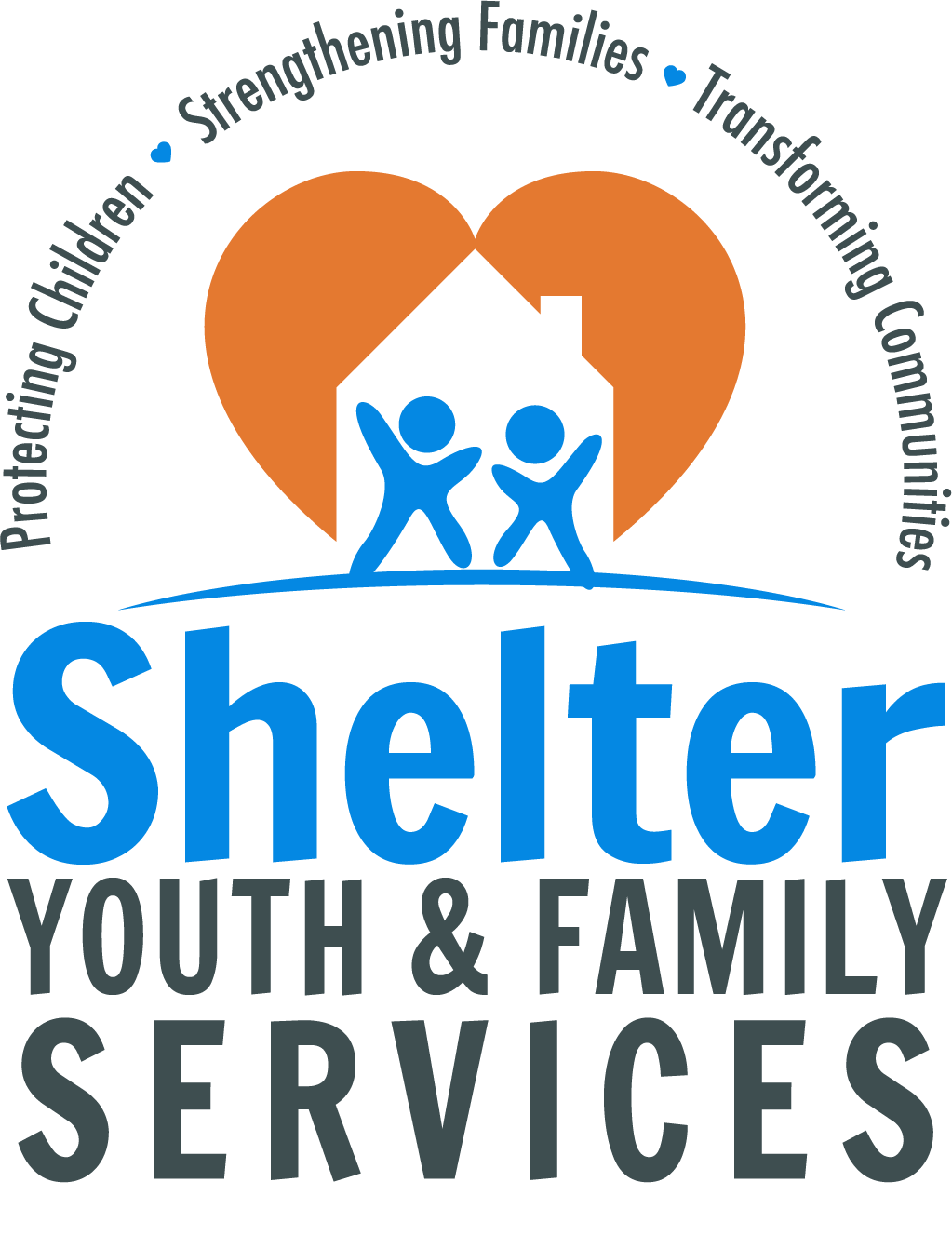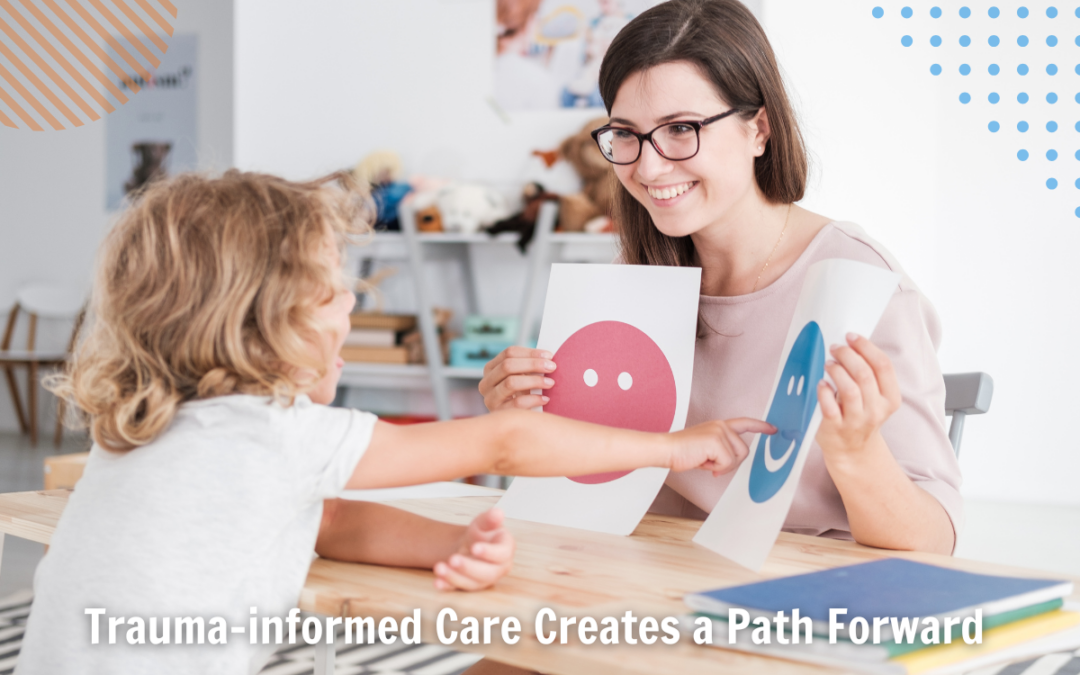Children are incredibly resilient, but that resilience can often be tested when they experience trauma. For many young people, the emotional scars of trauma can last a lifetime, affecting their mental health, relationships, and overall quality of life. This is especially true for children who have faced extreme circumstances such as abuse, neglect, or loss, often as part of child welfare systems. However, trauma-informed mental health therapy can offer children a lifeline.
Shelter’s professional staff provides free trauma-informed clinical care to children who have experienced trauma so they can heal, build trust, and create a path forward.
Feeling safe is the foundation of trauma recovery. Sylvie Colon, a Clinical Therapist at Shelter, works with young people who have faced extremely difficult situations. “I see firsthand how trauma impacts these children. Many of them have never had an adult in their life who consistently makes them feel secure.”
Shelter provides therapy to children and families in each of their programs, including those staying at its emergency shelters and transitional living homes, in foster care or enrolled in Shelter’s Healthy Families program. Colon says, “We help youth understand themselves better and understand that their trauma doesn’t have to define them.”
While Shelter clients benefit from trauma-informed care, the need for such services in the wider community is greater than ever. Access to mental health care is limited, especially in low-income communities. Wait times are often so long that children miss the opportunity for support, leading to poor outcomes in adulthood.
To address this challenge, Shelter is rolling out a new program to provide mental health counseling services at local schools throughout Chicagoland. Therapist Nicole Kawa says, “It’s about meeting youth where they are physically and emotionally and giving them the tools to regain a sense of control over their lives.”
The expansion of Shelter’s Clinical Program into underserved communities is funded in part through Cook County’s Stronger Together Behavioral Health Initiative. Shelter’s clinical team will help confront the dire need for youth mental health services that is much greater than current school staff can address.
Early intervention and increased access mean more children will receive the therapy they need to build healthy relationships and brighter futures. Therapy can also help break cycles of abuse and trauma, leading to better family dynamics and more supportive communities.
Addressing mental health requires community effort and Shelter’s supporters will make it possible to expand its Clinical Program, hire and train therapists, increase services, and most importantly, create a future where every child has access to the care they need to thrive.
Learn how you can support a brighter future.


